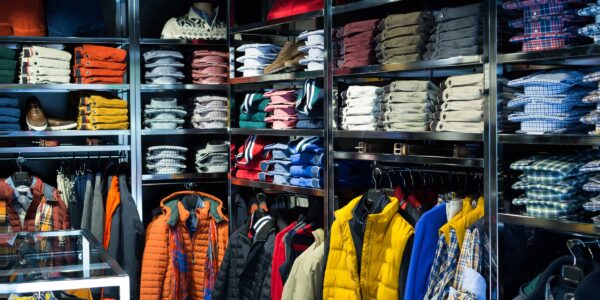Consumer and Industrial
Licensing and Merchandising for Brands
Total management, enhancement, and protection for brand licensing.
Licensing offers new ways to connect product brands and properties with consumers. But opportunities come with complexities, as brand identities are exposed more widely.
Licensing is a $300 billion industry. Media and sports may steal the limelight, but many consumer and industrial brands have carved out their own followings. Some, such as Red Bull, already have greater cultural significance. Consumer loyalty plays a big role, with 74% claiming loyalty to one brand. It might explain why Budweiser fans snapped up 1,936 digital beer cans for $1m. But for many brands, merchandising remains the obvious focus.
Whether established players or newcomers, licensing remains part of the future for product brands – and 74% of consumers say they feel loyal to one brand.
Clothing remains a key licensed category, while licensed toy sales rose by 17% in 2021. Toys remain key properties for licensing, into media and across other product categories. Barbie Dreamhouse became one of the fastest-selling toys in mid 2020, coinciding with the release of Barbie Dreamhouse Adventures on Netflix. In this role, licensing is a critical tool for brand building – and elsewhere, influencers are increasingly getting involved.
Expanding licensing programs can lead to complexity and greater vulnerability.
Blurred-out logos are the clue that many products are online without brand owner consent. Trademark violations are not the only issue. As brands expand into new affiliations, licensing programs become complicated, leading to fragmented brand identity, administrative burden, and unauthorized distribution. Propagation and online selling also make brands and consumers vulnerable to imitation.




